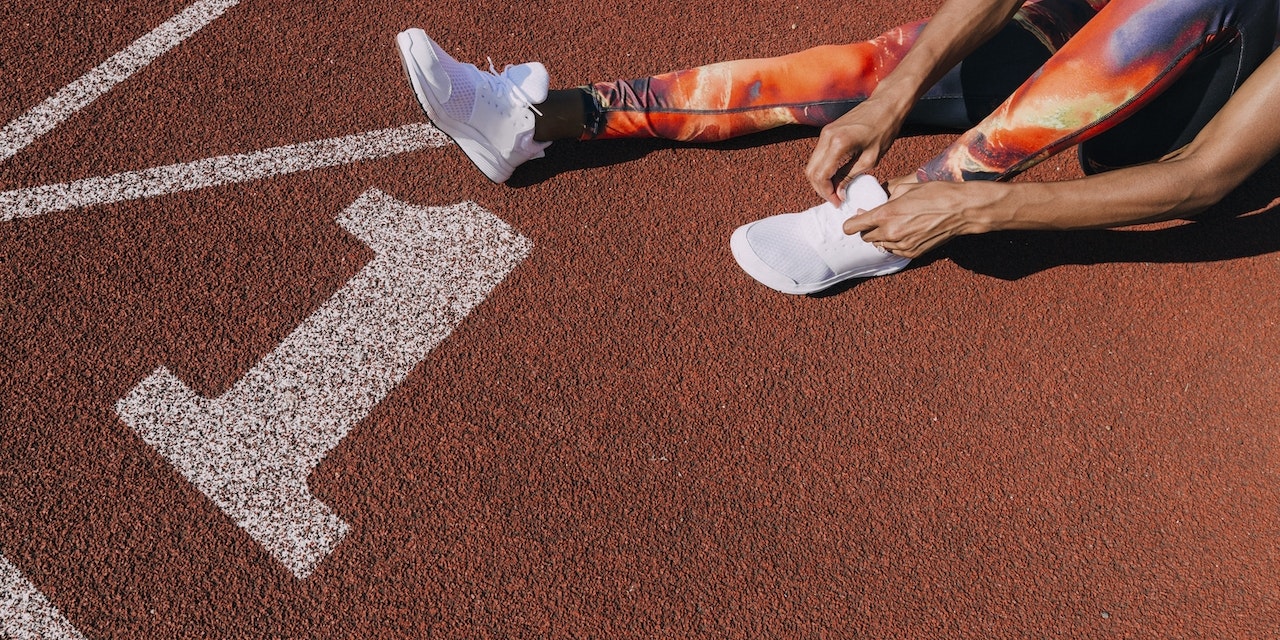
Run, run, as fast as you can; marathon season is fast approaching! When you’re training for a marathon, fitness isn’t the only important aspect. Nutrition is necessary for fueling your runs, recovery, and for reaching your goals. Learn what food and drinks to have when, to enhance your marathon training.
Nutrition for marathon runners
When it comes to keeping your stamina and steps going strong, the food and drinks you consume during your marathon training can really determine the distance you go! Properly fueling can impact everything from your race time to your energy levels, better recovery, and preventing dehydration and injuries. As always, listen to your body as you consider these scientifically backed suggestions:
Count on carbs
Carbohydrates provide energy for cardio and high-intensity exercise like running. It’s wise to eat a small snack with carbohydrates and some protein about an hour or two before your run. During training, aim for about 30 to 60 grams per hour and make sure it's easy to digest such as in a gel, drink or banana (1). Check out some easy pre-workout snacks here: High Protein Snacks To Power Your Workout.
Prioritize protein
Think of protein as the structure for your muscles, helping you build muscle, recover quicker, and decrease the risk of injury. During training, aim for about 0.5 to 0.9 grams per pound (1.2 to 2.0 grams per kilogram) of body weight each day (2). Fuel up on a meal which contains protein about three to four hours before a long run and include a bit in your pre-run snack.
Fit in fat
Fat is often forgotten or avoided when it comes to marathon training, but this macronutrient is essential for brain function, protecting joints, and even helping protect skin against the running environment like your sunny runs. Ideally, go for 20-30% of your total daily calories from fat. When it comes to right before a marathon, it’s best to keep fat to a minimum because it takes longer to digest so may lead to tummy troubles during the run.
Win with water
Hydration is extremely important for training. That’s because fluids are needed to regulate our temperature, flush out toxins, keep joints lubricated, and maintain energy levels. When we run, we sweat and are at risk for dehydration. This can interfere with progress and even be dangerous for our heart and fluid balance. Aim for about 17 ounces about two hours before exercise and 5 to 12 ounces of fluids every 15 to 20 minutes during a marathon (3).
Time it right
When it comes to timing, aim for a full meal about three to four hours before a run and an easily digestible snack, about an hour beforehand. Check out lots more information here: Fit Fuel: What To Eat Before And After A Workout.
Marathon nutrition myths
Now that you know the basics of nutrition for marathon running, let’s break down some of the myths that exist!
Carb loading
Carb loading is a strategy that aims to increase the glycogen stores in your body above normal amounts, so that it helps with training. Some research shows it slightly reduces fatigue for performance, by 2-3%, for exercise over 90 minutes (4). But it’s important to increase stores throughout training and not just the night before an event in order to allow your body to adapt. Plus, carb loading can cause some serious tummy troubles, interfering with marathon performance.
Keto diet
The ketogenic or very low-carb, high-fat way of eating has gained a lot of popularity. It can be helpful for medical conditions or weight loss. When it comes to endurance athletes, there is limited and inconclusive research in regards to performance (5). Training on keto can help how our bodies burn fat but it may not improve performance. In this case, it's important to listen to your body and determine if it works for you.
Running fasted
A fasted run means you go on an empty stomach, usually right after waking up. You may prefer to run fasting, especially if you experience stomach discomfort when you eat right before a workout. It also may better suit your lifestyle if you do intermittent fasting. If it works for you, that’s fine! Just keep in that evidence isn’t conclusive to show that running fasted will help you get faster or fitter.
Want to track your nutrition to better your marathon performance? Download Lifesum today!
5 references (hide)
All of the content and media on Lifesum is created and published for information purposes only. It is not intended to be used as a substitute for medical advice or treatment. Users should always consult with a doctor or other health care professional for medical advice. If you have or think you are at risk of developing an eating disorder, do not use the Lifesum app and seek immediate medical help.